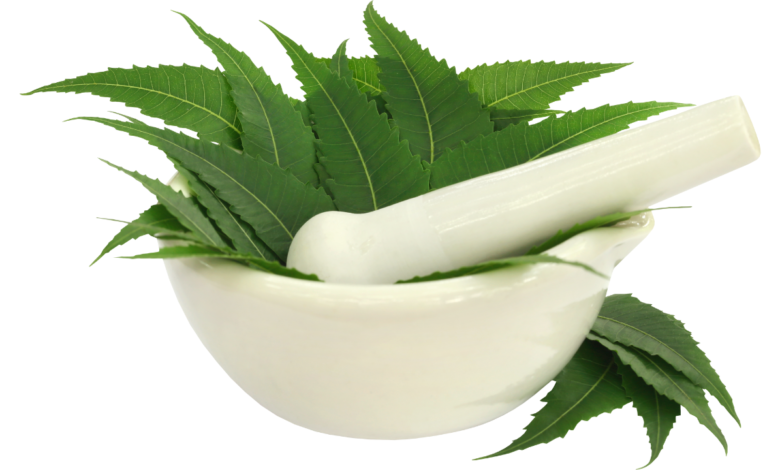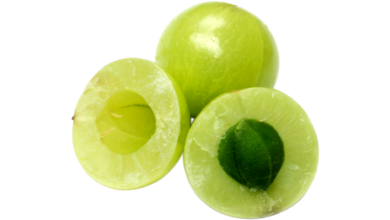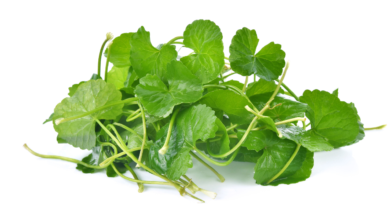Home Remedies for HIV
Tulsi: Has antioxidant and anti-inflammatory properties.

Brief Information about it :
Tulsi, also known as Holy Basil, is an aromatic herb widely used in Ayurvedic medicine.
Uses:
- Immune Booster: Strengthens the immune system.
- Stress Relief: Reduces stress and anxiety.
- Respiratory Health: Alleviates respiratory issues like cough, cold, and bronchitis.
- Digestive Health: Improves digestion and relieves indigestion.
- Skin Health: Promotes healthy skin and reduces acne.
Mechanism of Action:
- Antioxidant Properties: Neutralizes harmful free radicals.
- Anti-inflammatory Properties: Reduces inflammation in the body.
- Adaptogenic Properties: Helps the body adapt to stress.
Elimination Half-Life:
The elimination half-life of Tulsi compounds varies and hasn’t been definitively studied.
Route of Administration:
- Oral: Tulsi is typically consumed orally in the form of leaves, tea, or supplements.
Side Effects:
Generally considered safe, but excessive consumption may lead to:
- Upset stomach
- Diarrhea
- Dizziness
Dose:
The dosage of Tulsi can vary depending on the individual and the specific condition being treated. It’s best to consult with an Ayurvedic practitioner or healthcare provider to determine the appropriate dosage.
Precautions:
- Pregnancy and Breastfeeding: Pregnant or breastfeeding women should consult with a healthcare provider before using Tulsi.
- Drug Interactions: Tulsi may interact with certain medications, so it’s important to consult with a healthcare provider before use.
- Blood Thinners: Individuals taking blood thinners should use Tulsi with caution.





